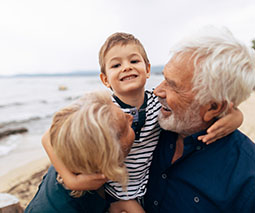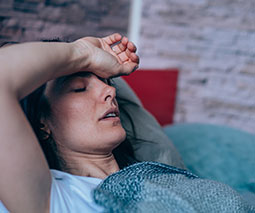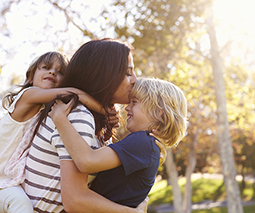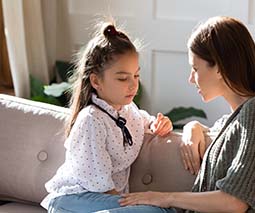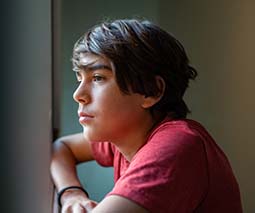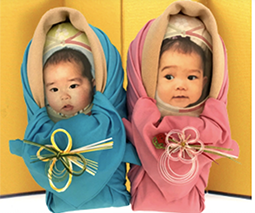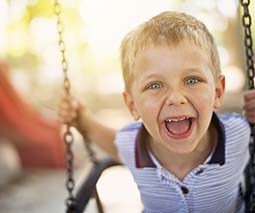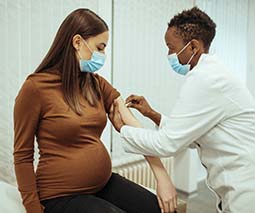Now that democracy has failed the environment, what can we do?
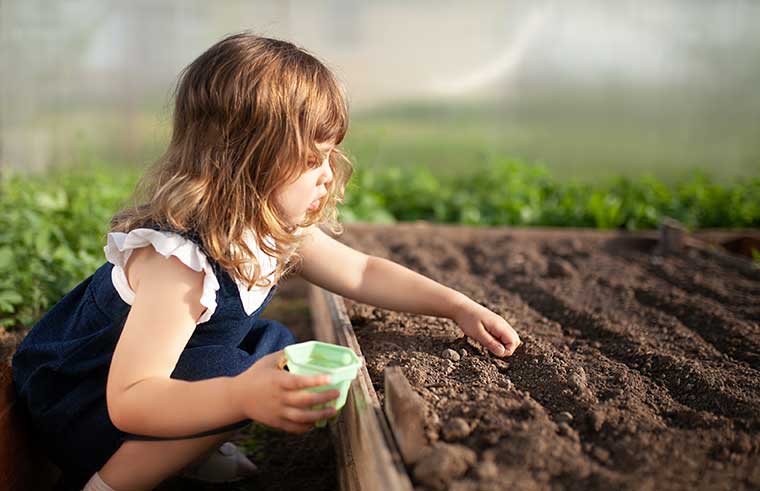
On Sunday morning my Facebook feed was full of despair. There was a miasma of hopelessness following the results of the election.
It felt like democracy had won for the individual’s back pocket, and failed atrociously when it came to the future of the planet.
The most heartbreaking reading was from those who felt the loss deeply for their children, and the kind of earth they will inherit.
Parents are not likely to give up without a fight
It was a huge blow for those hoping to see big action on climate change.
But there’s a reason why mums are referred to as ‘bears’ and ‘tigers‘ when it comes to their children’s future.
Erin Rhoads is a mum who puts her passions into action every day. She blogs as The Rogue Ginger about how to live a low-waste life.
She is not about to take the election result lying down.
“I truly feel that if we wallow in blame and pointing fingers, then it will only divide us and be a poor use of our time. Let’s pivot, look to environmental and social organisations that need our help, whether it’s in our local community or another state. That is where our energy and time should go. It’s time for meaningful conversations across the country.”
Power can be found in the individual as well
When you look at the dire predictions of climate change, it can be difficult to think that your individual actions can make a difference but Erin says that every effort we make can feed into effective change.
“I know individuals can make a difference. Look across the world; look in our country. There is always room for anyone to make a difference. As an individual we don’t have to wait either – we can lead by example, vote with our dollars and speak up.”
Perhaps this election was what’s needed to create more fire in our bellies, more noise for us to be noticed … for more people to join the fight.
Get your kids involved
Climate change is scary and no one wants to give their children nightmares, but our kids are already getting involved in saving the planet. The Early Years Learning Framework highlights the need to teach children about sustainability.
Wendy Boyd, a Senior Lecturer at the School of Education at Southern Cross University, says that children take to sustainability like ducks to water.
“It’s the children’s future that we’re looking after and the children really need to learn to develop a deep understanding about how to look after it as well. They can become really good protagonists for the environment and they get it. It becomes second nature to them. Whereas I think for adults that haven’t been brought up like that, then it’s harder for them to develop a deeper understanding about why are we recycling etc.”
Children can teach us what to do, so we need to listen to them.
And if they’re not learning about sustainability, you can introduce them to it by getting children out into nature; get them planting seeds and understanding the cycle of life. Make them feel a part of the environment and teach them how they can care for it.
The top five changes you can make today
Dale Carnegie, one of the first authors of self-help manuals (he wrote How to Win Friends and Influence People in 1936) once wrote, “Inaction breeds doubt and fear. Action breeds confidence and courage. If you want to conquer fear, do not sit home and think about it. Go out and get busy.”
Along these lines, Erin Rhodes has given us her top five things you can do today to create change, feel more hope and dissipate your fear of the future.
1. Write letters
This is one of the most underrated, yet important, actions. Plastic Free July is coming up, so why not invite your local MP to join? They might not know about it so now is the perfect time to invite them along to kick the plastic habit with your family. Sit down one night as a family to write a letter each.
2. Halve your bin waste today by becoming a better food shopper
Our bins are made up of up to 40 percent food waste. Before leaving the house, make a shopping list and don’t forget to look inside your fridge and fruit basket, so you’re not buying more of what is at home already. Writing a list and sticking to it helps us avoid reaching for the food we don’t need.
3. Get composting
Any food waste that can’t be avoided should be going to a compost, worm farm or link up with neighbours that will take your compost via Sharewaste.com. This will keep food out of landfill, putting nutrients back into our soil and food.
4. Plant trees with a local group, or participate in ocean cleanups
You’ll meet like-minded people who share your same values while introducing children to the idea of being a custodian of the earth.
5. Make a pledge to buy nothing new for one month
There are so many different ways to shop secondhand: eBay, Gumtree, Facebook Buy Swap Sell or Marketplace, local charity stores or even borrow from family and friends. Remember the less new stuff we buy, the fewer fossil fuels are needed. Plus, second-hand shopping supports our local community while helping those in need. Use the extra money saved to do something fun together.
